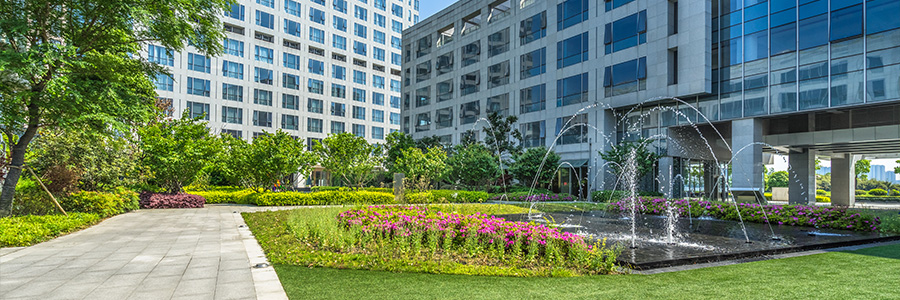
Water management systems consist of several components, intricately combined. Customer demand must be met, company assets must be monitored, and water safety must be maintained. If any one of these aspects fail, water service is disrupted.
Today, AI (artificial intelligence) monitoring systems connected to remote sensors can immediately recognize any minor changes in performance that might cause disruption or catastrophic breakdown. In addition, AI monitoring systems have the capacity to forecast any developing issues that may signal a looming disruption of service.
AI monitoring improves functions and increases operational efficiency. Water treatment and distribution is an energy-hungry industrial process that pollutes the environment with carbon emissions. But the integration of AI and IoT technologies into our water infrastructure and industrial processes is today producing significant environmental benefits — reducing our carbon footprint, reducing water waste, and paving the way for a more sustainable future.
AI and IoT technology devices that are revolutionizing efficiency in the water industry, and positively impacting our environment include:
Soil Moisture Sensors: Utilizing patented technology called Time Domain Transmission (TDT) these ultra-sensitive sensors can measure volumetric soil moisture changes deep beneath the ground surface of less than 0.1 percent, reducing water usage by 62 percent or more over traditional irrigation methods. Soil moisture sensors work by sending a high frequency pulse of energy down an embedded path into the soil around it. When the pulse travels through moisture it slows down, measures the speed, and converts the measurement to a moisture content reading, and electronically transmits data to the irrigation controller for the best possible irrigation decisions. Plants and landscapes are then watered just enough—based on soil moisture readings—to keep them healthy and thriving, which prevents costly overwatering and wasteful runoff.
Flow Monitoring Sensors: Any small changes in water flow and pressure may indicate an irrigation pipe leaking or cracking. An intelligent flow monitor sensor has the capability to respond to any hidden leaks when they happen in real time, and send an alert to maintenance crews to repair any breakage, rather than deal with an emergency shut down. Intelligent flow monitoring protects property assets from catastrophic leaks and breaks, prevents costly water waste, and manages water resources in a cost-effective way.
Cloud-Based Smart Irrigation: Powerful, cloud-based smart irrigation controllers eliminate costly water waste, and save time, resources and money by irrigating landscapes only when necessary, based on real-time, site-specific data from ET Everywhere, the most precise, high-resolution weather data available. This as opposed to traditional irrigation systems that are manually programmed to run on a set schedule, rain or shine—or whether soil is already saturated, which creates pooling of water on the ground surface and wasteful runoff.
Sustainable Urban Development
IoT and AI technologies are critical in sustainable urban development. They use energy more efficiently to save money and resources, reduce carbon emissions, and manage traffic and waste collection. In the water industry, smart sensors monitor water supply systems, detect leaks in real time to prevent catastrophic breakdown and disruptions of service, have the intelligent capability of predicting water demand, and significantly reduce water waste in times of severe megadrought.
Global water shortages have intensified due to historically extreme weather patterns and drought. Nearly a quarter of the world is dealing with water contamination. To combat these life-threatening issues, water management systems are turning more and more to emerging artificially intelligent technologies to provide desperately needed solutions to help prevent emergencies, rather than react to them—and to lead the way to a more sustainable future for generations to come.

